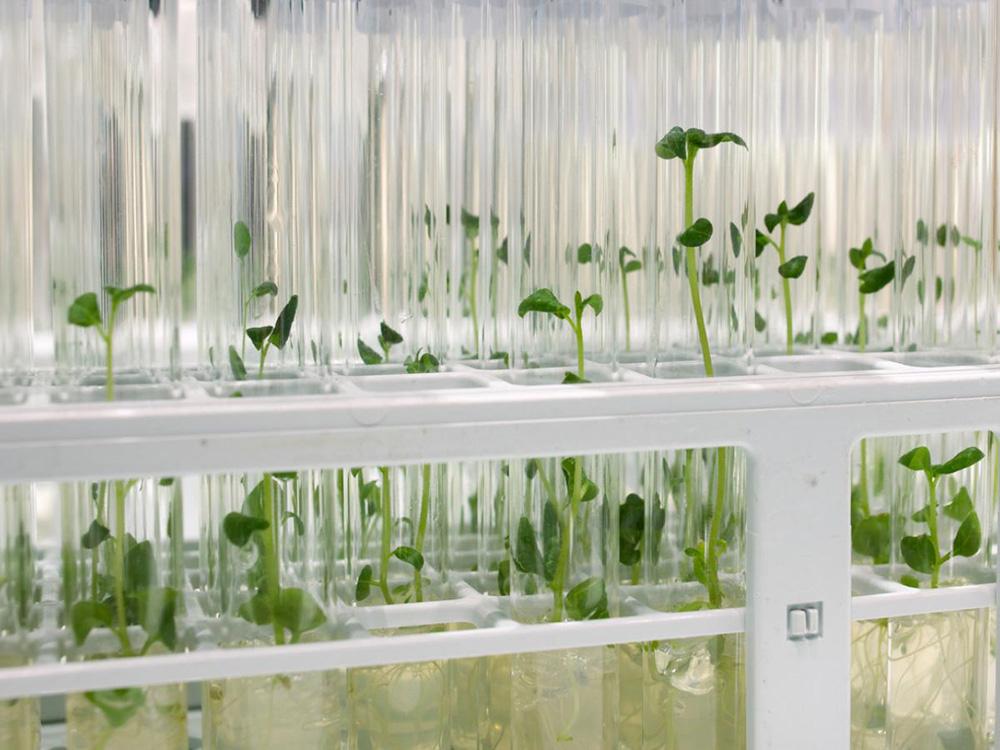A recent paper from the University of Adelaide is drawing attention to the crucial role of regulatory frameworks in agricultural gene editing. While some scientists argue that current regulations are overly restrictive, the authors emphasize the need for clear guidelines to ensure these emerging technologies are applied safely and responsibly.
The paper, published in The Plant Journal, features contributions from researchers Dr. Emily Buddle, Michail Ivanov, and Professor Rachel Ankeny. The review underscores how effective regulation not only fosters innovation but also encourages public engagement and builds trust in new gene technologies.
“Regulatory decisions are influenced by value judgements related to safety, risk, and societal benefits,” explains Dr. Buddle. She further stresses the importance of early and ongoing communication between plant scientists and various stakeholders to address potential concerns regarding new technologies. “This engagement should be seen as a mutual learning process, recognizing that no single group can shape regulation in isolation.”
A notable point made in the review is the distinction between scientific equivalency and public acceptance. While certain gene-editing techniques can produce changes that occur naturally in agriculture, public perception relies more on the application and perceived benefits of the technology rather than the methods themselves. Dr. Buddle notes that research findings suggest people might be more open to gene editing that enhances crop resilience to drought than to modifications aimed at altering nutritional content.
Despite the advantages gene editing offers—such as enhancing crops’ ability to withstand environmental stressors—no gene-edited plants are in commercial production in Australia. The ongoing development of these breeding technologies has reignited a global debate about the appropriate regulation of such innovations.
Currently, gene technology in Australia is overseen by the Office of the Gene Technology Regulator (OGTR). Under the Gene Technology Act 2000, gene-edited organisms were initially treated like genetically modified organisms. However, amendments made in 2019 have eased the regulation of organisms modified through SDN-1 techniques—targeted DNA changes without the introduction of foreign genetic material. These modifications are now generally exempt from regulation as they are considered akin to natural changes or traditional breeding processes.
Ivanov’s perspective challenges the narrative that regulation is merely a barrier to research and innovation. “Some scientists view regulation as a ‘bottleneck’ hindering progress in agricultural genomics,” he states. “We argue that this perspective can vary based on individual goals. Regulation plays an essential role in the innovation process, allowing for public and regulatory involvement to evaluate whether new technologies are genuinely necessary and beneficial.”
Instead of hindering advancement, the review posits that regulation serves as a valuable filter, helping to eliminate potential risks to society and the environment. By aligning new technologies with societal values and expectations, regulations can facilitate a more responsible approach to innovation in agriculture.
As gene editing continues to evolve, the conversation surrounding its regulation remains critical to ensuring that scientific advancements are not only technically sound but also socially accepted and beneficial.






